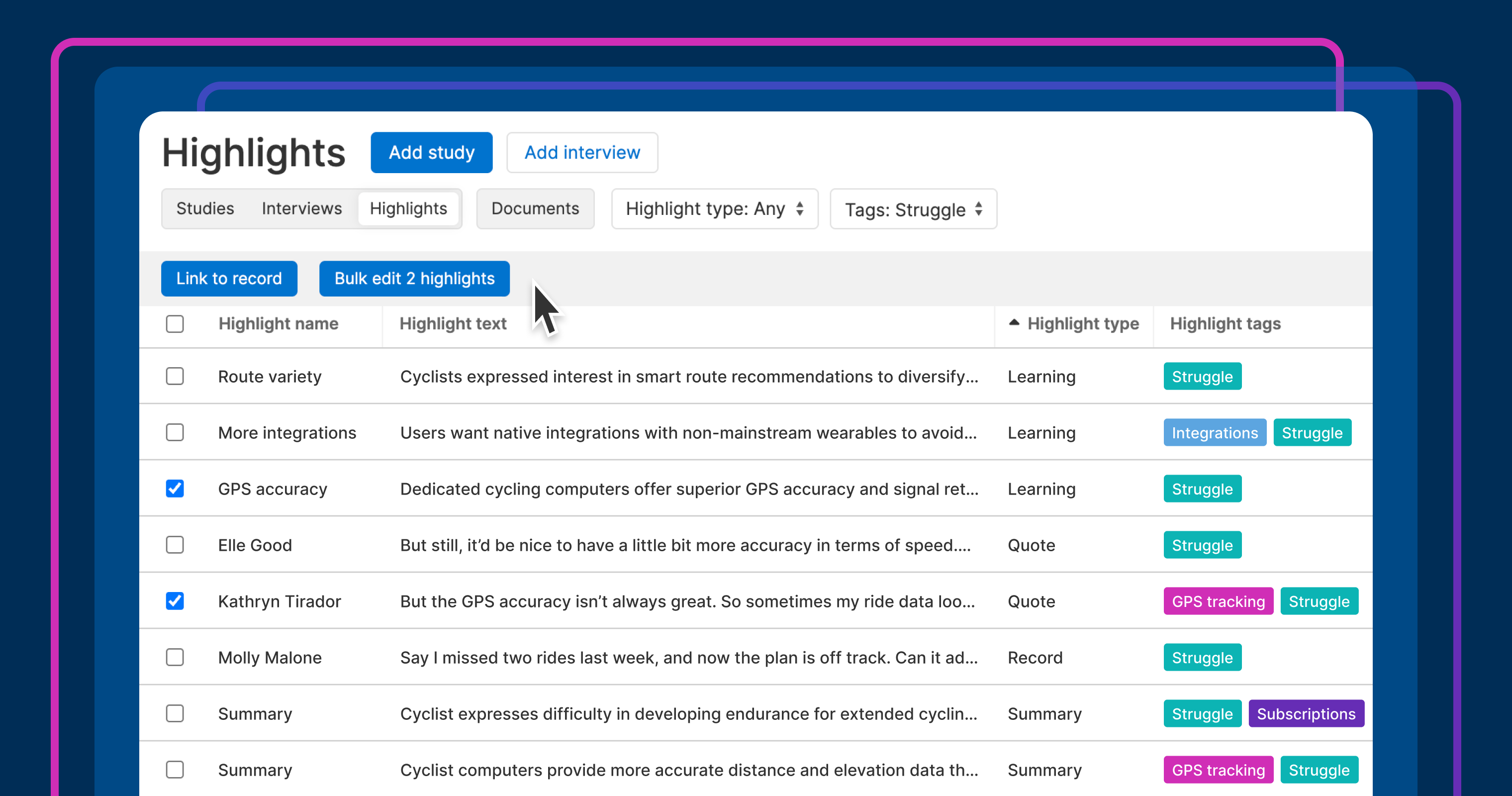Why Real Estate Insurance is Essential for Homeowners and Investors: A Complete Guide

Real estate is one of the most valuable assets you’ll ever own—whether it’s your primary residence or an income-generating investment property. However, without proper protection, unexpected events can turn your dream investment into a financial nightmare.
This is where real estate insurance becomes indispensable. From natural disasters to legal liabilities, insurance acts as a safety net, ensuring that your property—and your finances—remain secure.
In this comprehensive guide, we’ll explore the key reasons why real estate insurance is a must for homeowners and investors, the different types of coverage available, and how to choose the best policy for your needs.
1. Protection Against Natural Disasters and Weather Damage
No property is completely immune to natural disasters. Depending on your location, your home or rental property could be at risk of:
-
Floods (often excluded from standard policies)
-
Earthquakes (requires separate coverage)
-
Hurricanes & Windstorms
-
Wildfires
-
Hail & Severe Storms
Why It Matters:
-
Standard homeowners insurance may not cover all disasters.
-
Investors with multiple properties need blanket coverage to avoid massive losses.
-
Government disaster relief (like FEMA) may not cover all repair costs.
Solution:
-
Flood Insurance (via NFIP or private insurers)
-
Earthquake Insurance (standalone policy)
-
Extended Perils Coverage (for high-risk areas)
2. Liability Coverage: Protecting Yourself from Lawsuits
If someone gets injured on your property—whether it’s a guest, tenant, or even a trespasser—you could be held legally responsible. Medical bills and legal fees can quickly escalate into tens of thousands of dollars.
Common Liability Risks:
-
Slip-and-fall accidents
-
Dog bites (if you own a pet)
-
Swimming pool injuries
-
Faulty wiring leading to fires
How Insurance Helps:
-
Personal Liability Coverage (included in most policies)
-
Umbrella Insurance (extra protection for high-net-worth individuals)
-
Landlord Insurance (for rental property owners)
Pro Tip: Ensure your policy includes medical payments coverage to handle minor injuries without a lawsuit.
3. Property Damage Coverage: Avoiding Costly Out-of-Pocket Repairs
Unexpected damage can happen at any time—burst pipes, electrical fires, vandalism, or even a fallen tree. Without insurance, you’d have to cover repair costs yourself, which could drain your savings.
What’s Typically Covered?
-
Fire & smoke damage
-
Water damage (from plumbing issues, not floods)
-
Theft & vandalism
-
Storm damage (wind, hail, lightning)
What’s Often Excluded?
-
Wear and tear (maintenance issues)
-
Pest infestations (termites, rodents)
-
Floods & earthquakes (need separate policies)
Investor Insight: If you own rental properties, dwelling coverage ensures repairs don’t disrupt cash flow.
4. Mortgage Lender Requirements: No Insurance, No Loan
If you financed your property with a mortgage, your lender will require homeowners insurance. Why?
-
The bank needs to protect its investment.
-
If your home is destroyed and uninsured, the lender could face major losses.
-
Failure to maintain insurance could lead to forced coverage (lender buys a policy and charges you) or even foreclosure.
Key Takeaway: Even if you own your home outright, insurance is still critical—unless you can afford to rebuild from scratch.
5. Loss of Use Coverage: Temporary Housing When Disaster Strikes
If your home becomes uninhabitable due to a covered event (like a fire), loss of use coverage (also called additional living expenses coverage) helps pay for:
-
Hotel stays
-
Rental housing
-
Meal costs above your usual expenses
This is especially crucial for:
-
Families who can’t afford sudden relocation costs
-
Landlords who need to compensate displaced tenants
6. Landlord Insurance: A Must for Rental Property Owners
If you rent out your property, a standard homeowners policy won’t cover tenant-related risks. Instead, you need landlord insurance, which includes:
-
Property damage (from tenants or break-ins)
-
Loss of rental income (if the property is temporarily unlivable)
-
Liability protection (if a tenant sues you)
Bonus Tip: Require tenants to carry renters insurance—it protects their belongings and reduces your liability.
7. Title Insurance: Protecting Against Ownership Disputes
While not part of standard property insurance, title insurance is crucial when buying a home. It protects against:
-
Fraudulent claims (someone saying they own your property)
-
Unpaid liens (previous owner’s debts tied to the property)
-
Inheritance disputes (heirs claiming rights to the home)
Two Types:
-
Owner’s Title Insurance (protects you)
-
Lender’s Title Insurance (protects the bank)
How to Choose the Right Real Estate Insurance Policy
Not all policies are the same. Follow these steps to ensure proper coverage:
✅ Assess Your Risks (location, property type, tenant profile)
✅ Compare Quotes (get at least 3-5 estimates)
✅ Check Deductibles & Limits (higher deductibles = lower premiums)
✅ Bundle Policies (home + auto + umbrella for discounts)
✅ Review Annually (update coverage as property values change)
Final Thoughts: Don’t Wait Until It’s Too Late
Real estate insurance isn’t just an added expense—it’s a financial lifeline. Whether you’re a homeowner or an investor, the right policy ensures that accidents, disasters, and lawsuits don’t derail your financial future.
Take Action Today:
-
Review your current policy for gaps.
-
Consult an insurance agent for tailored advice.
-
Protect your investment before disaster strikes.
For more real estate insights, visit jokword.xyz and zoonse.com. If you're also looking for health insurance solutions, explore razblog.com..







































































































![Building A Digital PR Strategy: 10 Essential Steps for Beginners [With Examples]](https://buzzsumo.com/wp-content/uploads/2023/09/Building-A-Digital-PR-Strategy-10-Essential-Steps-for-Beginners-With-Examples-bblog-masthead.jpg)












































